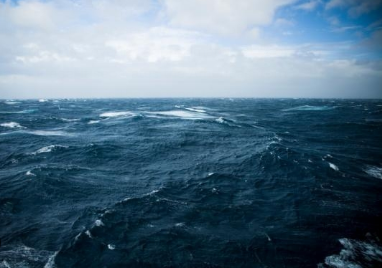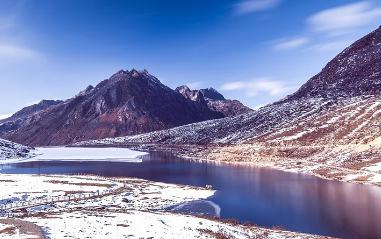
On June 25, 2025, Himachal Pradesh’s Kangra and Kullu districts were struck by sudden cloudbursts, triggering devastating flash floods. In Kangra’s Khaniyara region, water surged through Manuni Khad, sweeping away workers from a nearby hydroelectric project. Two bodies were recovered, while about 15–20 laborers remain feared missing

The India Meteorological Department (IMD) has issued a yellow alert for Delhi, forecasting a heatwave with temperatures expected to reach up to 42 degrees Celsius by mid-week. Residents are advised to prepare for intense heat as the mercury rises.

On March 21, 2025, the International Day of Forests spotlights the theme "Forests and Food," emphasizing the intrinsic link between forest ecosystems and global food security. Forests provide essential resources—fruits, seeds, roots, and wild meat—that sustain indigenous and rural communities worldwide. In India, forests are deeply intertwined with the nation's culture, economy, and biodiversity, making their conservation both an environmental necessity and a fundamental responsibility. Press Information Bureau

India is currently experiencing an intense heatwave affecting multiple states, with temperatures soaring above 40 degrees Celsius. States such as Jharkhand, Karnataka, West Bengal, Odisha, and Maharashtra are among the hardest hit. In Jharkhand, districts like West Singhbhum have recorded temperatures reaching 41°C, significantly higher than the seasonal average. Similarly, North Karnataka's Ainapur Hobli village in Kalaburagi district reported temperatures as high as 42.8°C. West Bengal's western districts, including Paschim Medinipur and Bankura, are also grappling with severe heat, with Kolkata experiencing temperatures five degrees above average. Odisha's Jharsuguda district recorded 41.8°C, prompting heatwave warnings for regions like Sambalpur and Mayurbhanj. Maharashtra's Vidarbha region continues to face extreme heat, with Chandrapur recording 41.4°C. Times of India

In the heart of India’s arid landscapes, where water is a luxury and wildlife struggles for survival, Radheshyam Bishnoi has emerged as a beacon of hope. His journey began in 2018 with just a liter of water, and today, he has created over 50 water ponds, holding up to 10,000 liters, ensuring that no wild animal perishes from thirst.

Recent studies have raised alarms about the potential slowdown of Earth's strongest ocean current, the Antarctic Circumpolar Current (ACC), due to climate change. The ACC, which flows eastward around Antarctica, plays a pivotal role in regulating global climate by distributing heat and nutrients across the world's oceans. Researchers predict that if high greenhouse gas emissions persist, the ACC could slow by 20% by 2050, leading to profound environmental consequences.

The Arctic, often referred to as the Earth’s "climate regulator," is facing an alarming transformation. Scientists now warn that the region could become ice-free in the summer within the next two decades, a direct consequence of rising global temperatures.

The glaciers of Arunachal Pradesh are shrinking at an alarming rate, revealing the stark consequences of climate change in India’s northeastern frontier. A recent study highlights a significant reduction in glacier mass over the past three decades, with experts attributing this to rising global temperatures, erratic precipitation patterns, and environmental disturbances.

The Maha Kumbh Mela, estimated to have 400 million participants, is taking place in Prayagraj is planned to be the largest gathering of people in the world, from January 13 to February 26, 2025.

Yala Glacier, one of Nepal's most extensively studied glaciers, is facing rapid decline and is projected to vanish by the 2040s. Monitoring data from 1974 to 2021 reveals a retreat of 680 meters and a 36% reduction in its area. The glacier's elevation, which ranged from 5,170 meters to 5,750 meters in 2011, has also significantly declined.